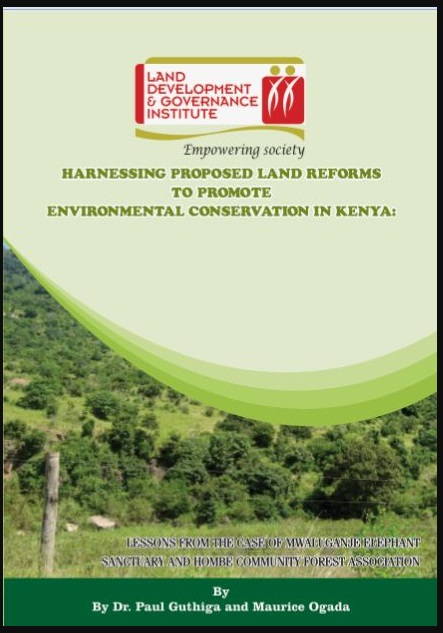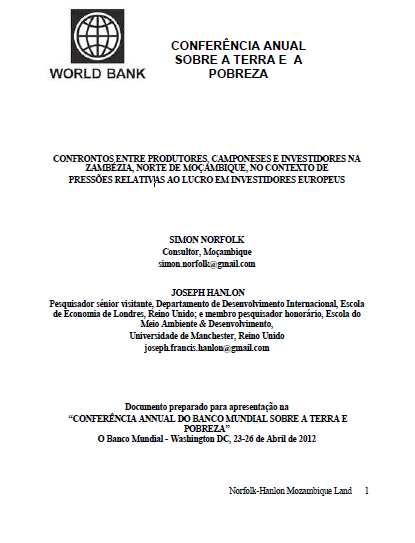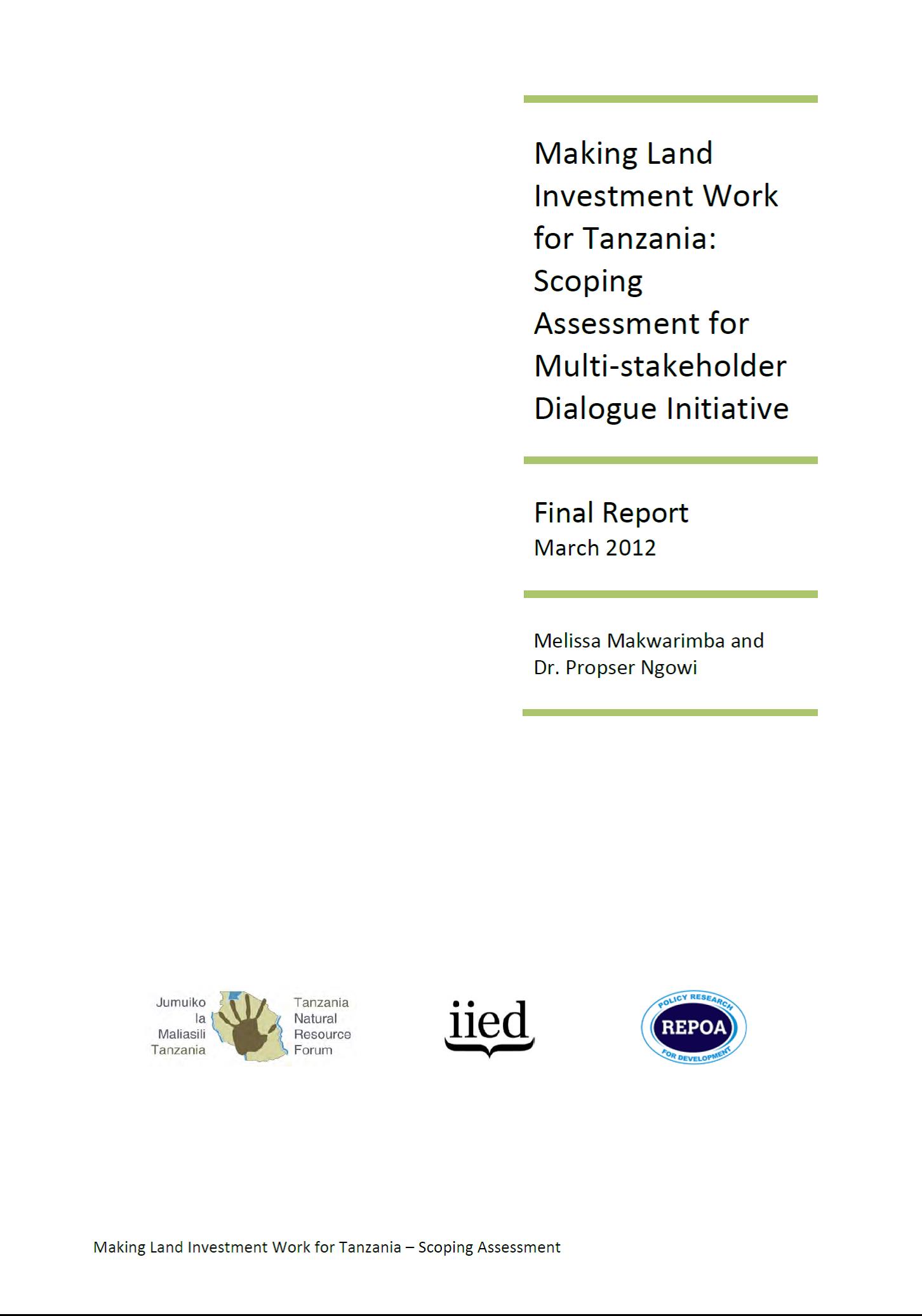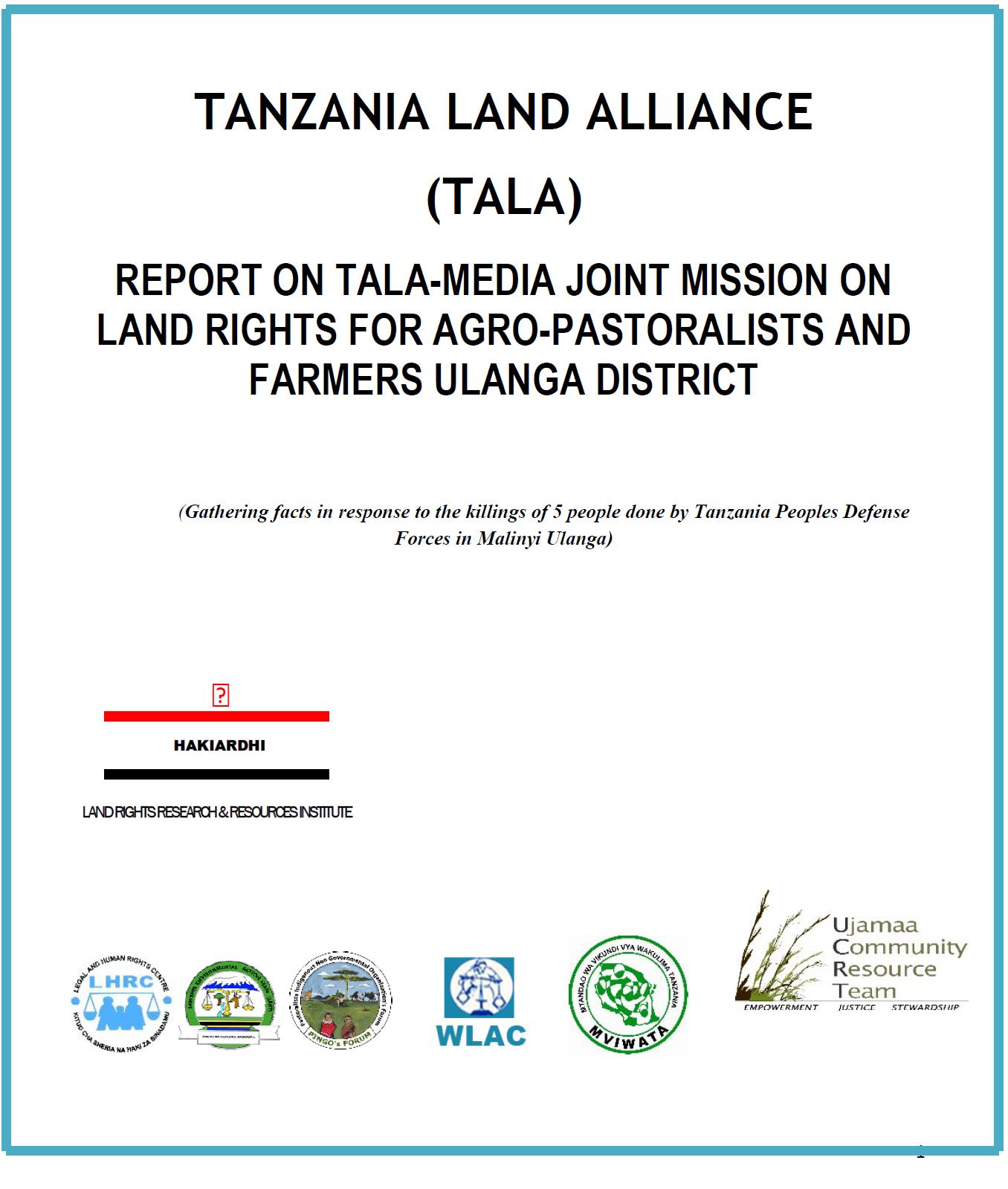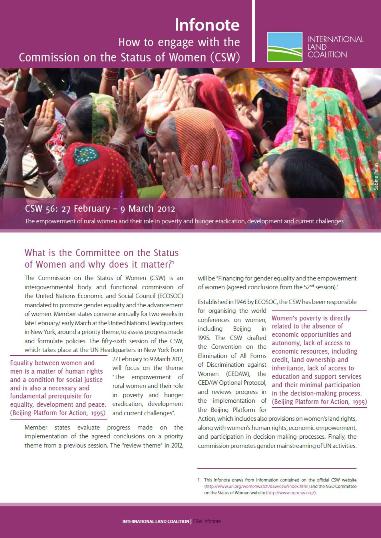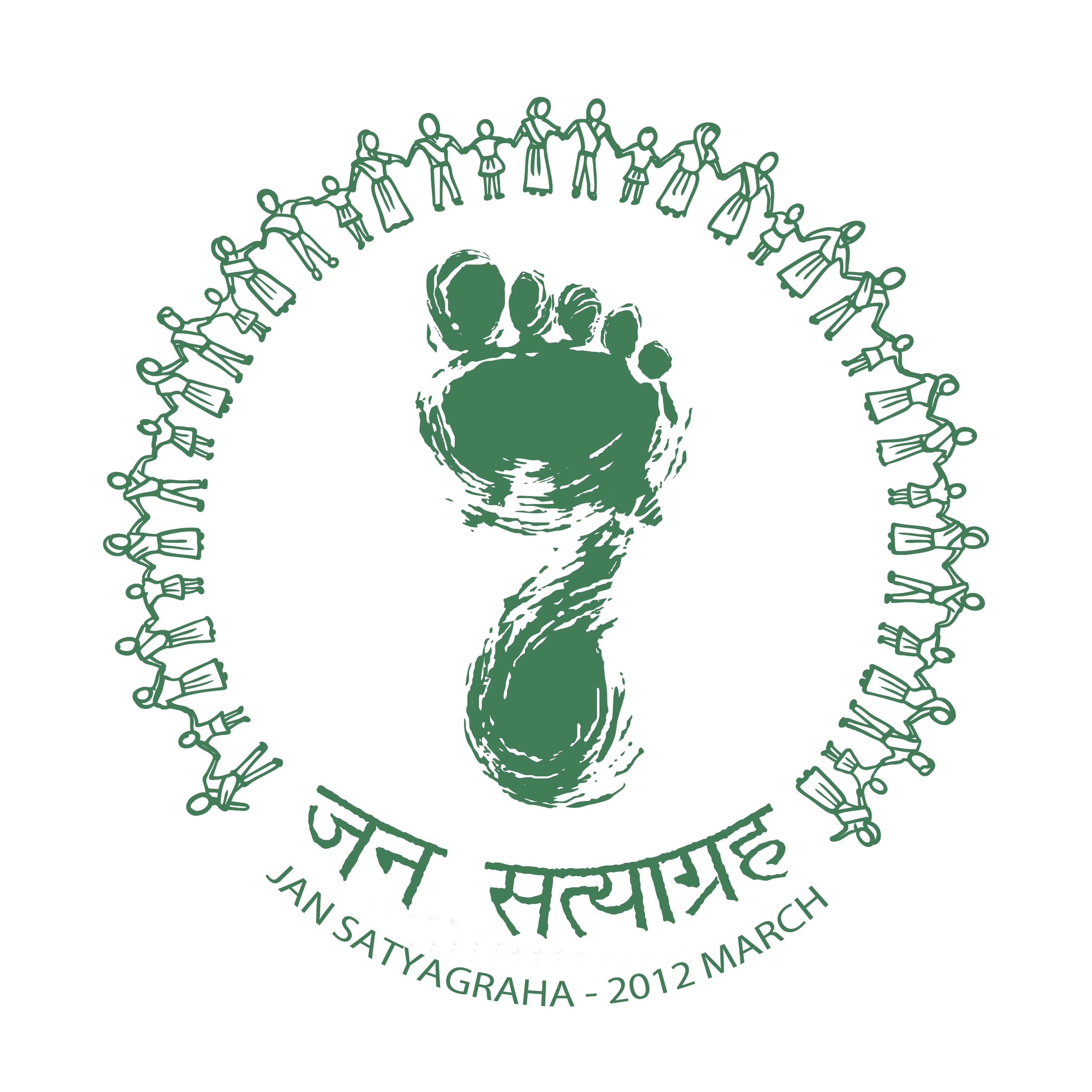The Environment for Women's Entrepreneurship in the Middle East and North Africa
This report is about how women
entrepreneurs can contribute more to the quality and
direction of economic and social development in the Middle
East and North Africa (MENA) region. Economic growth in the
Middle East has been remarkable since 2004, mainly because
of higher oil prices. Rapid job growth has followed, driven
mainly by the private sector. Yet the region still faces two
important challenges: the first is to create better jobs for


